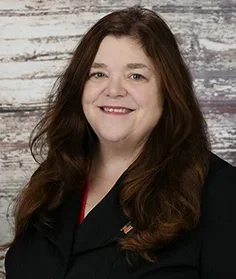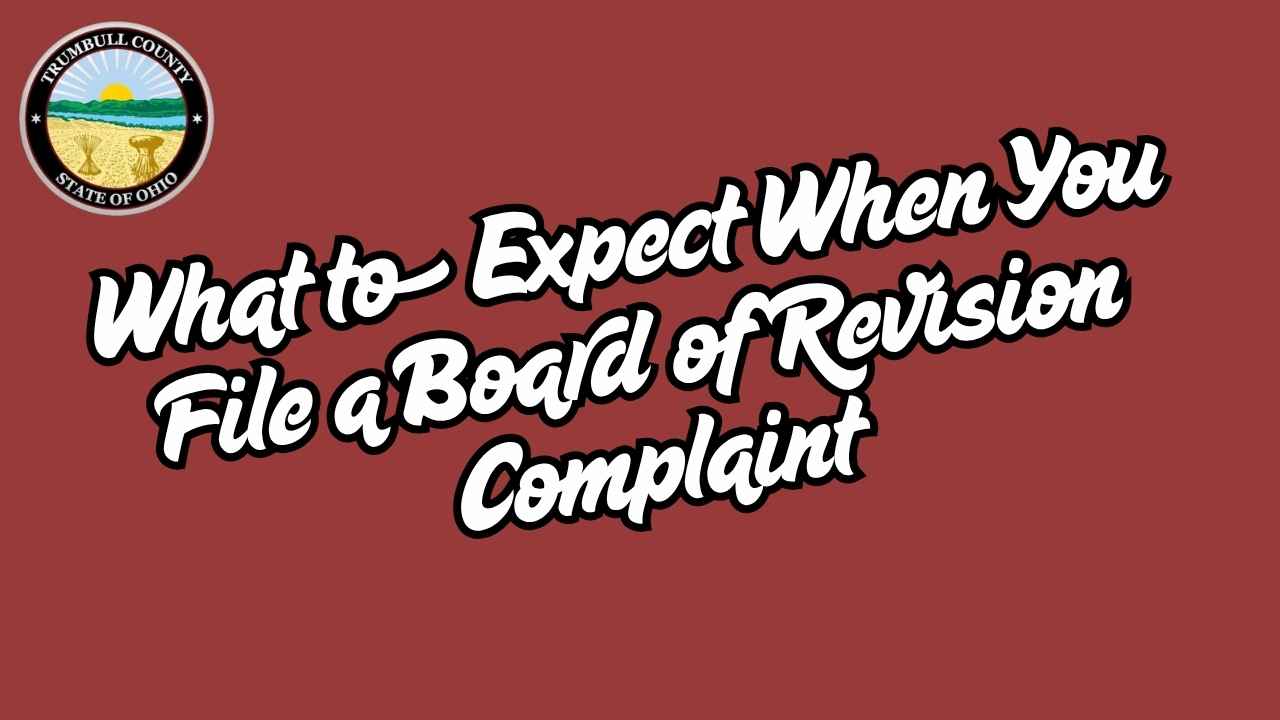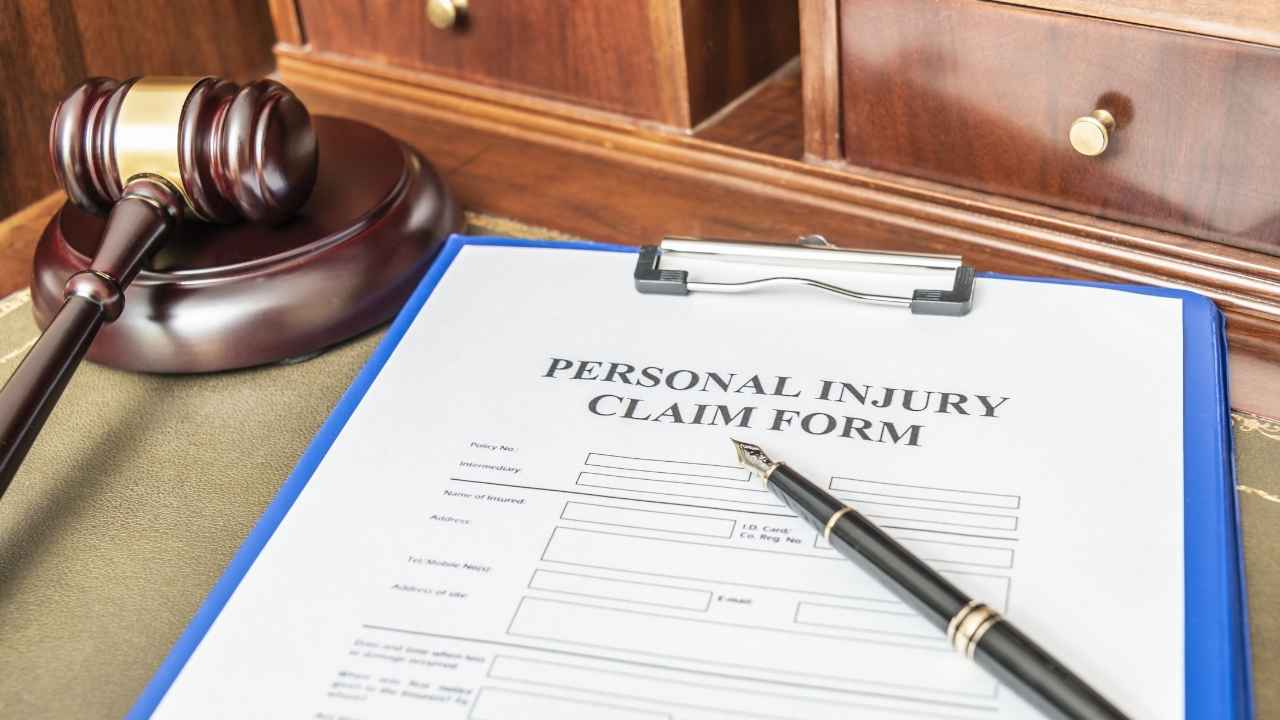Filing a Board of Revision complaint lets you challenge your property tax assessment if you believe it’s too high. You’ll submit evidence, attend a hearing, and wait for a decision that could lower your taxes. The process can feel complex, but this guide breaks it down clearly.
What Is a Board of Revision?
A Board of Revision (BOR) is a local government body that reviews property tax disputes. It exists in many U.S. counties, including Ohio, to ensure fair assessments. Homeowners and businesses can appeal if they think their property value is overstated.
The BOR typically includes county officials like auditors or treasurers. They evaluate evidence to decide if your assessment should change. Knowing their role helps you prepare a strong case.
Why File a Board of Revision Complaint?
You might file a complaint if your property taxes seem unfair. High assessments can stem from errors, outdated data, or market shifts. A successful appeal could save you hundreds or thousands annually.
For example, if your home’s assessed value is $300,000 but similar homes sell for $250,000, you have a case. Filing is your chance to correct this and reduce your tax burden. Always check your assessment notice first.
When Can You File a Complaint?
Most counties set specific filing deadlines, often early in the year. In Ohio, for instance, the deadline is typically March 31, 2025, for the 2024 tax year. Check your county auditor’s website for exact dates.
Missing the deadline means waiting another year. Some areas allow late filings under special circumstances, like illness or error. Confirm local rules to avoid delays.
How to Prepare for Filing a Board of Revision Complaint
Preparation is key to a successful complaint. Gather evidence, understand local rules, and organize your case. The stronger your proof, the better your chances of winning.
Start by reviewing your property’s assessment record. Look for errors in square footage, lot size, or other details. These mistakes can justify a lower value.
Step 1: Collect Evidence
Your evidence must show your property’s assessed value is too high. Common types of evidence include:
- Recent appraisals: A professional appraisal showing a lower value is powerful.
- Comparable sales: Data on similar homes sold recently in your area.
- Photos: Images of damage or issues lowering your property’s value.
- Repair estimates: Costs to fix problems like a leaky roof or cracked foundation.
For example, if a neighbor’s similar home sold for $200,000, but yours is assessed at $250,000, use that sale as evidence. Public records or real estate websites can provide this data.
Step 2: Understand Local Rules
Each county has its own BOR process. Some require specific forms, like Ohio’s DTE Form 1. Others may charge a small filing fee, typically $25-$100.
Visit your county auditor’s website or call their office. They often provide guides or FAQs. Knowing the rules prevents mistakes that could disqualify your complaint.
Step 3: Fill Out the Complaint Form
The complaint form asks for your property details, current assessment, and requested value. Be clear and precise. Attach all evidence, like appraisals or photos, to support your claim.
Double-check for errors before submitting. Incomplete forms can delay or derail your case. Some counties accept online submissions, while others require paper filings.
What Happens After You File?
Once you file, the BOR reviews your complaint. They’ll schedule a hearing, usually within a few months. You’ll receive a notice with the date, time, and location.
In some counties, like Cuyahoga County, Ohio, hearings may be virtual in 2025 due to ongoing technology upgrades. Confirm the format when you get your notice.
The Waiting Period
The wait time for a hearing varies by county. Busy areas with many complaints may take longer. For example, Franklin County processes over 5,000 complaints annually, causing delays.
Use this time to refine your presentation. Practice explaining your evidence clearly. A well-prepared case stands out during the hearing.
What to Expect at the Board of Revision Hearing
The hearing is your chance to present your case. It typically lasts 15-30 minutes and involves a panel of BOR members. They’ll ask questions to understand your complaint.
You don’t need a lawyer, but some homeowners hire one for complex cases. If you go alone, stay calm and stick to your evidence.
How to Present Your Case
Follow these tips to make a strong impression:
- Be concise: Summarize your argument in 5-10 minutes.
- Use visuals: Bring photos or charts to show issues or comparisons.
- Stay factual: Focus on evidence, not emotions.
- Answer questions: Be ready to clarify details about your property.
For instance, if you’re arguing your home’s value dropped due to a flood, show photos of the damage and repair estimates. Clear evidence wins cases.
What the Board Considers
The BOR evaluates your evidence against the county’s assessment. They look at:
- Market data: Recent sales of similar properties.
- Property condition: Issues like damage or outdated features.
- Assessment accuracy: Errors in the county’s records.
They may also hear from the county appraiser, who defends the original assessment. Be prepared to counter their points with your evidence.
Possible Outcomes of Your Complaint
After the hearing, the BOR decides whether to adjust your assessment. There are three possible outcomes:
- Value reduced: Your taxes decrease, saving you money.
- Value unchanged: The assessment stays the same.
- Value increased: Rare, but possible if evidence shows your property is undervalued.
Decisions typically arrive by mail within weeks. In 2024, Ohio BORs reduced values in about 40% of cases, per state data.
Common Outcomes of BOR Complaints
| Outcome | Description | Likelihood (2024 Data) |
|---|---|---|
| Value Reduced | Assessment lowered, taxes decrease | ~40% |
| Value Unchanged | Assessment stays the same | ~55% |
| Value Increased | Assessment raised, taxes increase | ~5% |
What to Do If You Disagree with the Decision
If the BOR denies your complaint, you can appeal further. In Ohio, you can take your case to the Ohio Board of Tax Appeals (BTA) or a county court. Deadlines are strict—usually 30 days from the BOR decision.
Appeals require more effort and often legal help. The BTA reviews your case for errors or unfair rulings. Courts allow new evidence but are costlier and slower.
Should You Appeal?
Consider these factors before appealing:
- Cost: Legal fees can exceed $1,000.
- Evidence strength: Weak cases rarely win at higher levels.
- Potential savings: Compare tax savings to appeal costs.
For example, if a reduced assessment saves $500 yearly, but appealing costs $2,000, it may not be worth it. Weigh the pros and cons carefully.
Tips to Strengthen Your Board of Revision Complaint
Here are some ways to improve your chances:
- Hire an appraiser: A professional valuation adds credibility.
- Research thoroughly: Look for several comparable sales.
- Document everything: Keep all forms and evidence on hand.
- Be polite: Being respectful can help during hearings.
In 2025, many counties have online tools for research. Use these to build a strong case.
Common Mistakes to Avoid
Here are common errors to steer clear of:
- Missing deadlines: Late submissions are often rejected.
- Weak evidence: Vague or outdated data weakens your case.
- Ignoring rules: Not following county procedures can disqualify you.
- Overstating claims: Unrealistic value requests can harm credibility.
For example, claiming a $300,000 home is worth $100,000 without proof is unreasonable. Stick to realistic, evidence-backed values.
Mistakes vs. Best Practices
| Mistake | Best Practice |
|---|---|
| Missing filing deadline | Check deadlines and submit early |
| Providing weak evidence | Use appraisals and recent sales data |
| Ignoring county rules | Read local guidelines carefully |
| Overstating value reduction | Request a realistic, supported value |
How Much Can You Save?
Savings vary based on your property’s assessment and local tax rates. For instance, if your assessment drops by $50,000 and your tax rate is 2%, you save $1,000 yearly.
In Ohio, the average successful BOR complaint in 2024 saved homeowners $800 annually. Check your county’s tax rate to estimate your savings.
Special Considerations for 2025
In 2025, some counties will update their assessment methods due to rising home values. For example, Franklin County, Ohio, updated its reappraisal in 2024, affecting 2025 taxes. This could lead to more complaints.
Virtual hearings may become more common, making the process more accessible. Stay updated via your county’s website for any changes.
FAQs About Filing a Board of Revision Complaint
Q: Do I need a lawyer?
A: No, but a lawyer can help with complex cases. Most homeowners represent themselves.
Q: How long does the process take?
A: Expect 3-6 months from filing to decision, depending on your county.
Q: Can I file every year?
A: Yes, if you believe your assessment is unfair, but new evidence strengthens repeat filings.
Q: What if my property is commercial?
A: The process is similar, but commercial cases often need appraisals due to higher values.
Conclusion
Filing a Board of Revision complaint can lower your property taxes if you believe your assessment is too high. By gathering strong evidence, following local rules, and presenting a clear case, you boost your chances of success. Start early, stay organized, and use this guide to navigate the process confidently in 2025.




